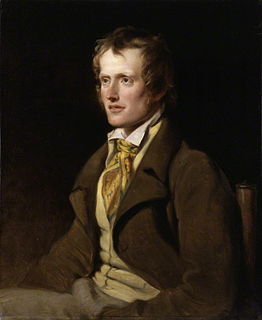A Quote by T. S. Eliot
In our rhythm of earthly life we tire of light. We are glad when the day ends, when the play ends; and ecstasy is too much pain.
Related Quotes
When we experience moments of ecstasy-in play, in art, in sex-they come not as an exception, an accident, but as a taste of what life is meant to be. . . Ecstasy is an idea, a goal, but it can be the expectation of every day. Those times when we're grounded in our body, pure in our heart, clear in our mind, rooted in our soul, and suffused with the energy, the spirit of life, are our birthright. It's really not that hard to stop and luxuriate in the joy and wonder of being. Children do it all the time. It's a natural human gift that should be at the heart of our lives.
Each day is born with a sunrise and ends in a sunset, the same way we open our eyes to see the light, and close them to hear the dark. You have no control over how your story begins or ends. But by now, you should know that all things have an ending. Every spark returns to darkness. Every sound returns to silence. Every flower returns to sleep with the earth. The journey of the sun and moon is predictable. But yours, is your ultimate ART.
Intelligence makes clear to us the interrelationship of means and ends. But mere thinking cannot give us a sense of the ultimate and fundamental ends. To make clear these fundamental ends and valuations and to set them fast in the emotional life of the individual, seems to me precisely the most important function which religion has to form in the social life of man.
Economics is a theoretical science and as such abstains from any judgement of value. It is not its task to tell people what ends they should aim at. It is a science of the means to be applied for attainment of ends chosen, not, to be sure, a science of the choosing of ends. Ultimate decisions, the valuations and the choosing of ends, are beyond the scope of any science. Science never tells a man how he should act; it merely shows how a man must act if he wants to attain definite ends.
I think in this country we're committed to developing plays, and many plays I've seen have been rewritten too much. The scenes are tight, the play ends at the right time, you know exactly what the scene is about, but it seems flat; you can almost see that too many hands have been on the play. The individual voice is gone.






































